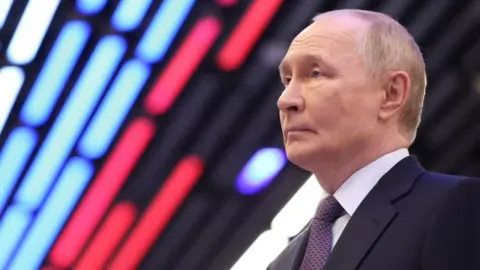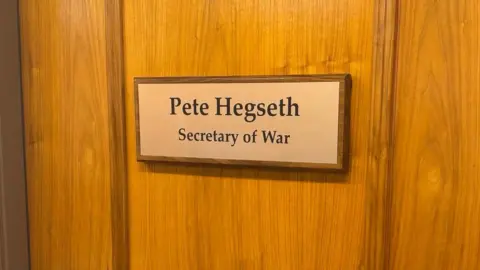The city was enveloped in the sound of air raid sirens as residents participated in extensive safety drills, which included taking shelter indoors and mass evacuation exercises. This significant event coincided with Taiwan's annual Han Kuang military exercises, highlighting the growing urgency for the island to bolster its defenses against perceived external threats from China.
China, which views Taiwan as a breakaway province, has not ruled out forceful reunification, leading to a tense atmosphere following the election of President William Lai, who is considered a "separatist" by Beijing. The recent drill was attended by key officials, including American representatives, and emphasized strengthening Taiwan's resilience while conveying the message that the island is not seeking conflict. President Lai asserted that these preparations are aimed at ensuring peace through readiness. Meanwhile, China criticized the exercises, deeming them a mere display of deception by Taiwan's leadership.
Despite warnings from US officials about a possible military threat from China, many Taiwanese citizens are skeptical about an imminent invasion, with a significant number believing an attack is unlikely in the near future. This sentiment underlines the complexities of Taiwan's defensive posture, as public confidence in the military's capabilities appears mixed.
In response to these concerns, Taiwan has enhanced its military framework significantly, growing the size of its annual military drills and incorporating advanced weaponry into its exercises. The latest drills spanned urban and aerial combat scenarios, with a focus on countering misinformation and low-intensity conflict tactics from China.
As tensions persist, Taiwan's collective defense strategy and public sentiment regarding Chinese military threats may continue to shape its future defense initiatives.
China, which views Taiwan as a breakaway province, has not ruled out forceful reunification, leading to a tense atmosphere following the election of President William Lai, who is considered a "separatist" by Beijing. The recent drill was attended by key officials, including American representatives, and emphasized strengthening Taiwan's resilience while conveying the message that the island is not seeking conflict. President Lai asserted that these preparations are aimed at ensuring peace through readiness. Meanwhile, China criticized the exercises, deeming them a mere display of deception by Taiwan's leadership.
Despite warnings from US officials about a possible military threat from China, many Taiwanese citizens are skeptical about an imminent invasion, with a significant number believing an attack is unlikely in the near future. This sentiment underlines the complexities of Taiwan's defensive posture, as public confidence in the military's capabilities appears mixed.
In response to these concerns, Taiwan has enhanced its military framework significantly, growing the size of its annual military drills and incorporating advanced weaponry into its exercises. The latest drills spanned urban and aerial combat scenarios, with a focus on countering misinformation and low-intensity conflict tactics from China.
As tensions persist, Taiwan's collective defense strategy and public sentiment regarding Chinese military threats may continue to shape its future defense initiatives.





















